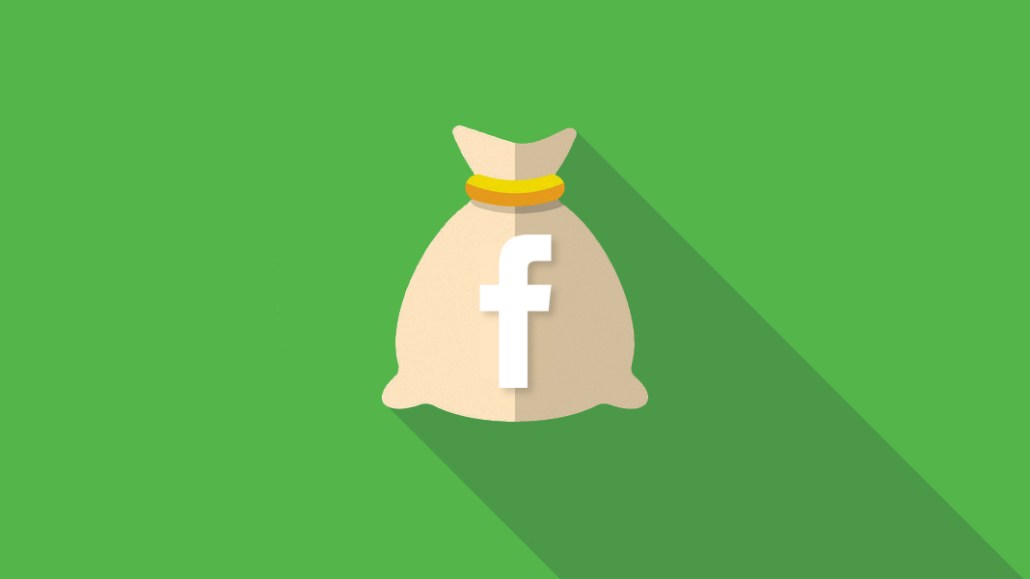Last chance to save on Digiday Publishing Summit passes is February 9
How publishers are monetizing their Facebook groups

When Facebook CEO Mark Zuckerberg indicated that Facebook Groups were a new priority, publishers dutifully created a bunch of them. To monetize them, they have gotten creative, selling sponsorships to brands, using their members for focus groups and eyeing members as potential subscribers.
Groups are small in size, often reaching just a few thousand people, compared to the reach publishers can get through their Facebook news feed pages. Outside Magazine’s primary Facebook page, for example, has over 761,000 likes, while its largest Facebook group, Outside Beyond Books Club, has 4,800 members. Outside’s Facebook groups collectively have just over 10,000 members.
Groups require persistent tending and attention, not just from junior audience development staffers but from high-level editors and other people who represent the face of a publisher’s brand. Groups also risk being ephemeral, like a lot of things Facebook does.
But groups do give brands a chance to connect directly with people, which has made them an intriguing monetization prospect for publishers.
In April, Outside Magazine will launch a Facebook group it created with an advertiser as part of a multimedia buy, a first for the publisher; Outside declined to share the advertiser’s name ahead of the campaign launch. The group will include a pinned post directing readers to a piece of branded content explaining the brand’s involvement, and the brand will share moderating duties with Outside editorial staffers. The brand also will help draft the group’s welcome messaging, and where appropriate, be allowed to run giveaways in the group.
Sponsorship of Outside’s groups is typically sold as part of larger buys. In addition to sponsorship of the group, an advertiser will get editorial mentions as well as some display advertising across its sites.
“On Facebook, reach is difficult, and some of the problems with it are becoming clear,” said Scott Rosenfield, digital general manager of Outside. “For groups, our pitch has been, ‘This is a great way for you to try something that’s really focused on engagement.'”
Other publishers monetize their groups by tapping group members for market research. Clique Media doesn’t run any groups that are explicitly tied to its core brands, and it doesn’t put links or advertising into the groups, in order “to preserve the ‘safe space’ nature of the environment,” said Michelle Plantan, Clique’s executive director of creative strategy. But the beauty- and wellness-focused publisher surveys its readers about products at the behest of its largest advertisers. Plantan said the moderators tell readers when those discussions will be shared with brands.
Because group members tend to be highly engaged readers, publishers also see groups as a subscription driver as well. The Times of London sees Facebook groups as a place to cultivate subscribers, something it plans to start testing later this year.
More in Media

In Graphic Detail: The scale of the challenge facing publishers, politicians eager to damage Google’s adland dominance
Last year was a blowout ad revenue year for Google, despite challenges from several quarters.

Why Walmart is basically a tech company now
The retail giant joined the Nasdaq exchange, also home to technology companies like Amazon, in December.

The Athletic invests in live blogs, video to insulate sports coverage from AI scraping
As the Super Bowl and Winter Olympics collide, The Athletic is leaning into live blogs and video to keeps fans locked in, and AI bots at bay.








